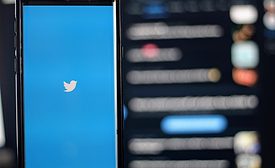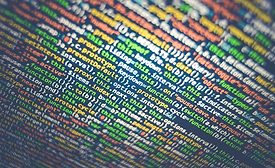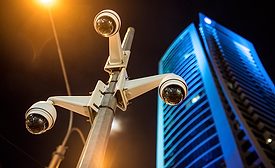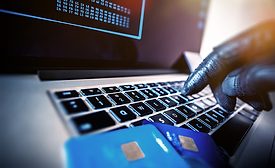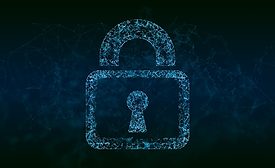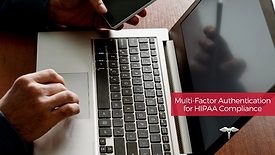Management
Three key customer IAM trends for 2021
Looking ahead to 2021, the pandemic will continue to drive business interactions with consumers online. Customer identity and access management (CIAM) products should see explosive growth as these technologies will be essential for securing digital storefronts and providing enhanced experiences.
December 17, 2020
Global account fraud decreased 23% in 2020
Report also found that the catch rate for selfie fraud was five times greater than for ID fraud, highlighting the growing importance of capturing a selfie during onboarding to deter new account fraud
December 17, 2020
Sign-up to receive top management & result-driven techniques in the industry.
Join over 20,000+ industry leaders who receive our premium content.
SIGN UP TODAY!Copyright ©2024. All Rights Reserved BNP Media.
Design, CMS, Hosting & Web Development :: ePublishing

